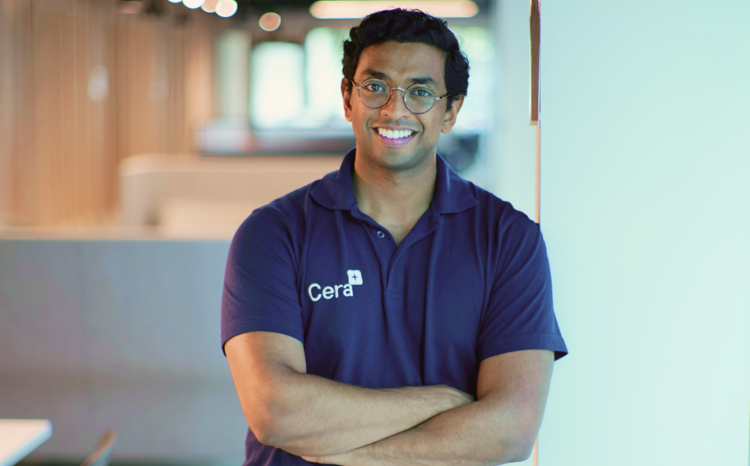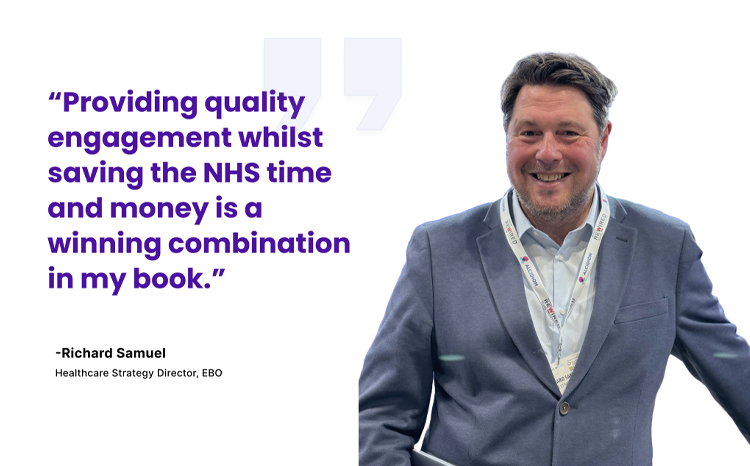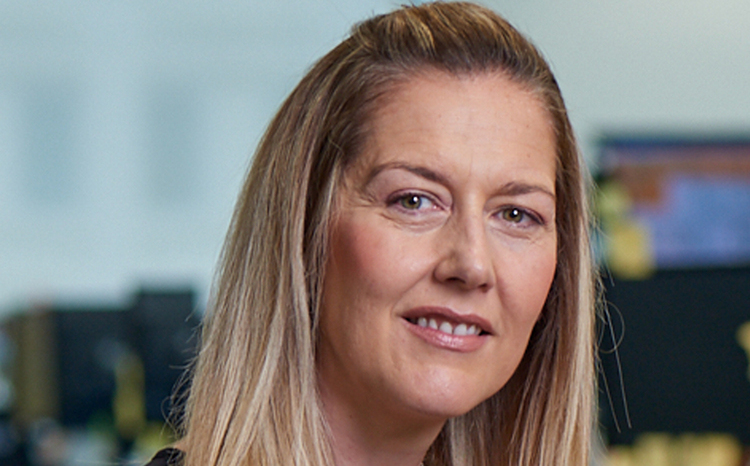Nationwide roll out of AI tool that predicts falls and viruses
- 5 March 2025

- An AI tool is being rolled out across the NHS that can predict a patient’s risk of falling with 97% accuracy
- The predictive tool, developed by Cera, is being used in more than two million patient home care visits a month, monitoring vital health signs to predict signs of deterioration in advance
- It is also in use across more than two thirds of NHS integrated care systems
An AI tool is being rolled out across the NHS that can predict a patient’s risk of falling with 97% accuracy, preventing up to 2,000 falls and hospital admissions each day.
The predictive tool, developed by Cera, is being used in more than two million patient home care visits a month, monitoring vital health signs such as blood pressure, heart rate and temperature, to predict signs of deterioration in advance so it can then alert healthcare staff.
It is in use across more than two thirds of NHS integrated care systems and helps to provide care at home by flagging up to 5,000 high-risk alerts a day, reducing hospitalisations by up to 70%.
Dr Vin Diwakar, national director of transformation at NHS England, said: “This new tool now being used across the country shows how the NHS is harnessing the latest technology, including AI, to not only improve the care patients receive but also to boost efficiency across the NHS by cutting unnecessary admissions and freeing up beds ahead of next winter, helping hospitals to mitigate typical seasonal pressures.
“We know falls are the leading cause of hospital admissions in older people, causing untold suffering, affecting millions each year and costing the NHS around £2 billion, so this new software has the potential to be a real game-changer in the way we can predict, prevent and treat people in the community.
“This AI tool is a perfect example of how the NHS can use the latest tech to keep more patients safe at home and out of hospital, two cornerstones of the upcoming 10-year Health Plan that will see shifts from analogue to digital, and from hospital to community care.”
Falls are the largest cause of emergency hospital admissions for older people with estimates that around 30% of people aged 65 and above – 2.5 million people – and around half of those aged 80 and above will experience a fall at least once a year, accounting for more than 4m bed days a year at an estimated cost of £2bn.
The software will also be used to detect the symptoms of winter illnesses like Covid, flu, RSV, and norovirus, allowing NHS and care teams to intervene before hospital care is needed.
Cera’s software can also automate paperwork like visit schedules and creating care plans.
Stephen Kinnock, care minister, said: “This is smart, preventative healthcare in action, and exactly the kind of transformation we’re championing in our 10 year health plan – shifting from treating sickness to preventing it, from hospital to community care, and from analogue to digital solutions.”
Dr Ben Maruthappu, founder and chief executive of Cera, said: “At Cera, we’ve seen first-hand how AI can transform health outcomes for high-risk and vulnerable individuals: preventing illness and injury, radically reducing avoidable hospitalisations, and empowering people to live longer, healthier lives, in their own homes.
“We’re delighted to partner with the NHS to roll out our technology – keeping older and vulnerable people across the country out of hospital and safe at home.”
In January 2025, Cera completed a transaction of more than $150 million (£123m) to further scale its AI-led home healthcare technology.




